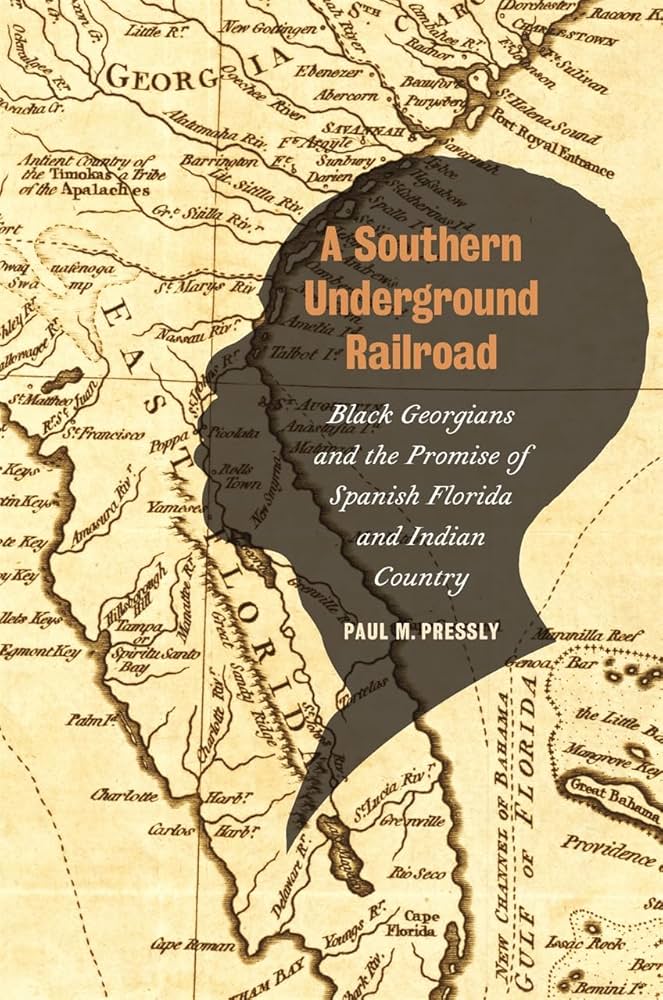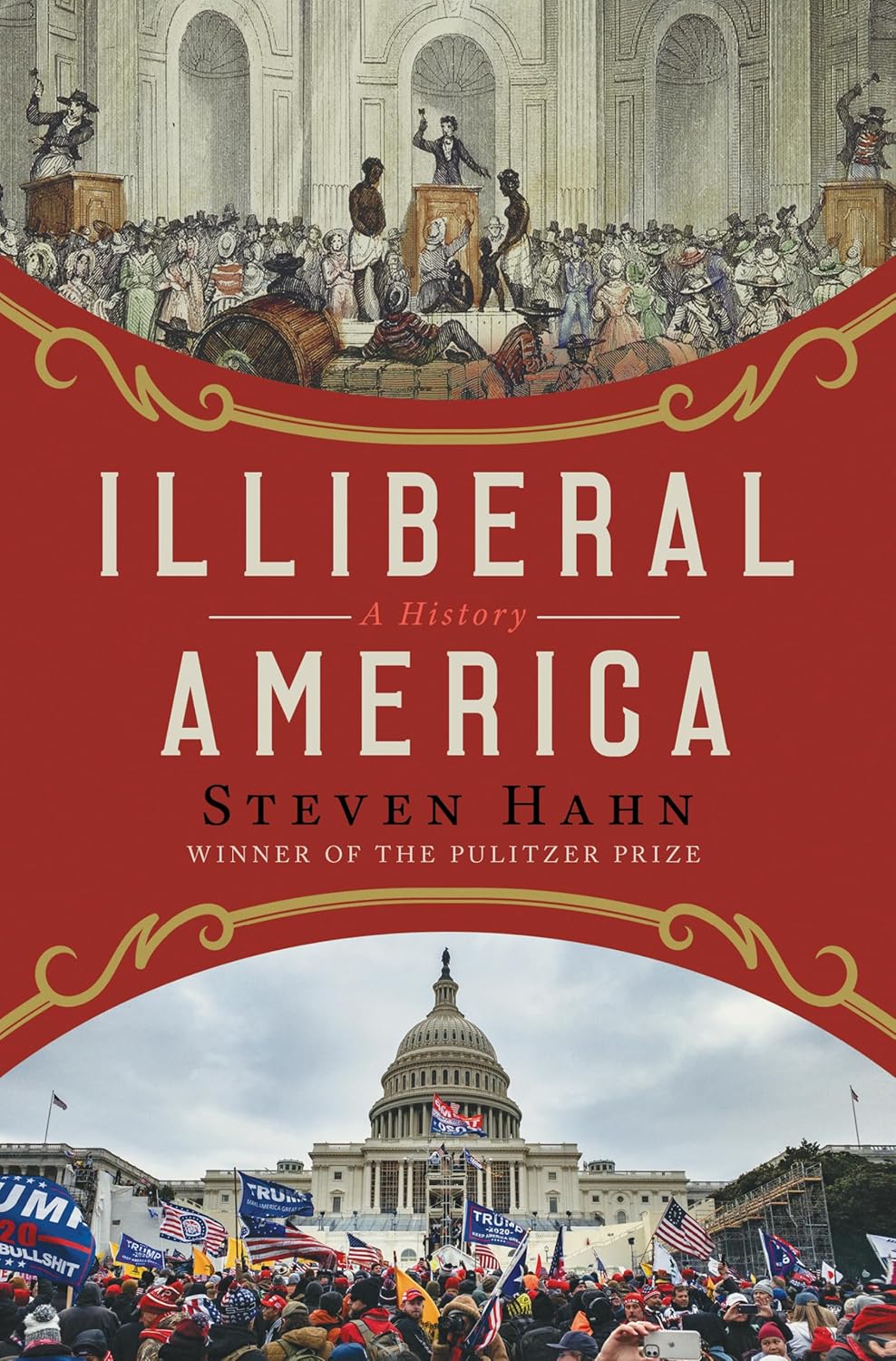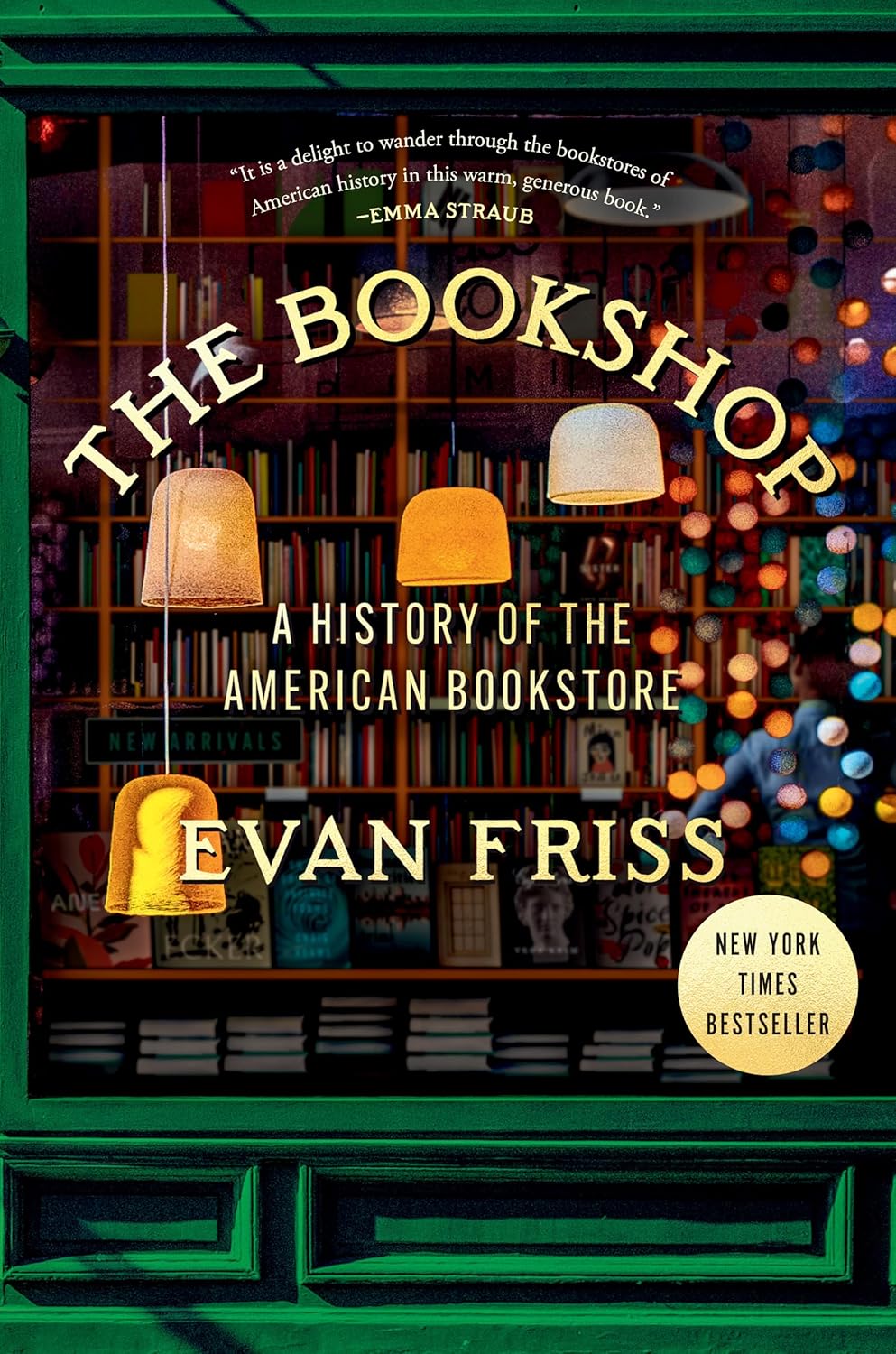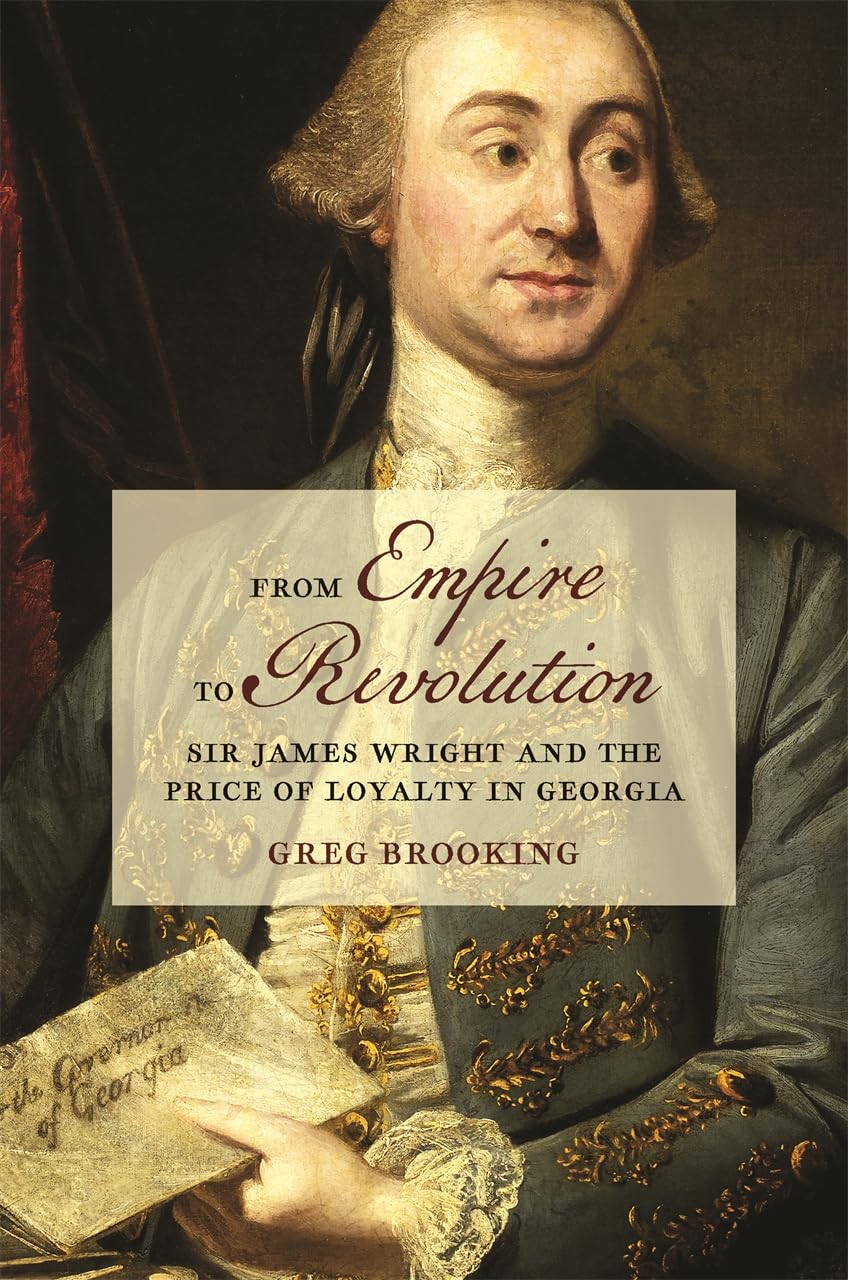Stan’s guest this week is historian Paul Pressly, discussing his new book, A Southern Underground Railroad: Black Georgians and the Promise of Spanish Florida and Indian Country, published by the University of Georgia Press. It’s a tale of how enslaved men and women found freedom and human dignity outside the expanding boundaries of the United States, crossing the borders and boundaries that separated the Lowcountry from the British and Spanish in coastal Florida and from the Seminole and Creek people in the vast interior of the Southeast.





